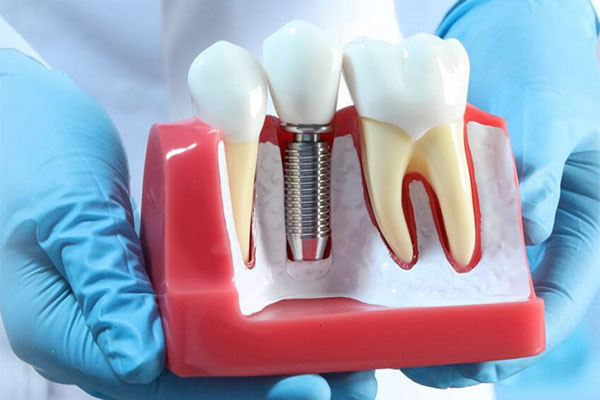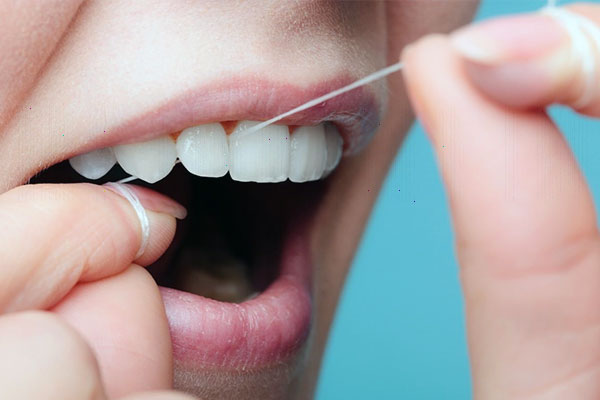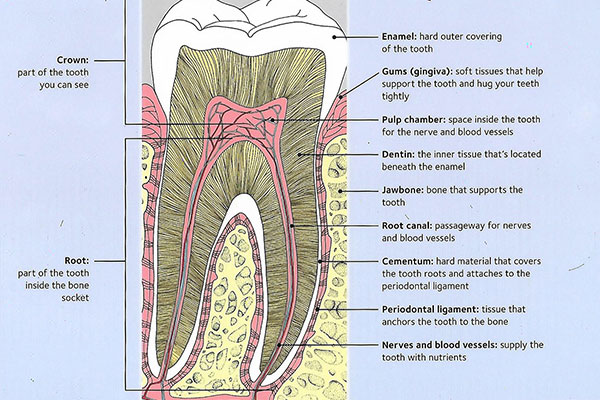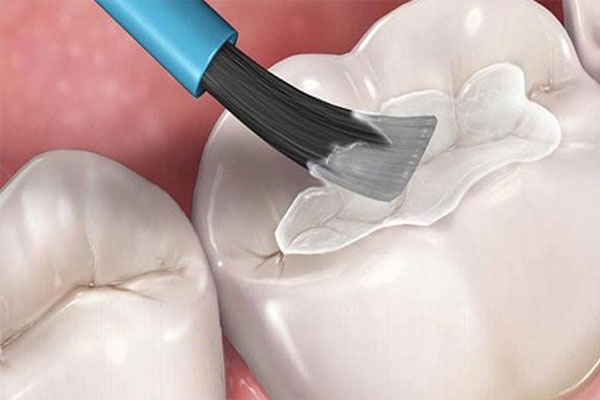 Dental implants are designed to be a long-term solution for replacing missing teeth. While the longevity of dental implants can vary depending on several factors, they are known to be highly durable and have the potential to last a lifetime with proper care. Here is a breakdown of the factors that can influence the lifespan of dental implants.
Dental implants are designed to be a long-term solution for replacing missing teeth. While the longevity of dental implants can vary depending on several factors, they are known to be highly durable and have the potential to last a lifetime with proper care. Here is a breakdown of the factors that can influence the lifespan of dental implants.
- Implant Quality: The quality of the dental implant itself plays a crucial role in its lifespan. High-quality implants made from biocompatible materials, such as titanium, have been proven to provide excellent long-term results. Implants manufactured by reputable companies and placed by experienced professionals tend to have higher success rates and longevity.
- Osseointegration: The process of osseointegration is vital for the success and longevity of dental implants. It refers to the fusion of the implant with the surrounding jawbone. It typically takes several months for osseointegration to occur fully. If osseointegration is successful, the implant becomes a stable foundation for the dental restoration and can last for many years.
- Oral Hygiene: Maintaining good oral hygiene is crucial for the longevity of dental implants. Regular brushing, flossing, and routine visits to the dentist for professional cleanings help prevent plaque buildup, gum disease, and peri-implantitis (inflammation around the implant). Proper oral hygiene practices can significantly extend the lifespan of dental implants.
- Lifestyle Habits: Certain lifestyle habits, such as smoking and excessive alcohol consumption, can negatively impact the lifespan of dental implants. Smoking, in particular, can hinder the healing process and increase the risk of implant failure. Adopting a healthy lifestyle and avoiding detrimental habits can contribute to the long-term success of dental implants.
- Bite Forces and Grinding: Excessive bite forces and teeth grinding (bruxism) can put undue stress on dental implants and the surrounding structures. Over time, this can lead to implant failure or complications. Wearing a nightguard or splint, if necessary, and seeking treatment for bruxism can help protect the implants and prolong their lifespan.
- Overall Health: The overall health of the individual plays a role in the longevity of dental implants. Certain systemic conditions, such as diabetes or autoimmune diseases, can affect the healing process and implant integration. It is important to disclose any medical conditions to the dental professional to ensure proper treatment planning and management.
In conclusion, while it is challenging to provide an exact lifespan for dental implants due to the various factors involved, they have the potential to last a lifetime. With high-quality implants, successful osseointegration, good oral hygiene practices, healthy lifestyle habits, and appropriate management of bite forces and overall health, dental implants can provide a durable and long-lasting solution for missing teeth. Regular follow-up visits with your dentist and practicing good oral care habits are essential to monitor the health of the implants and ensure their longevity.









